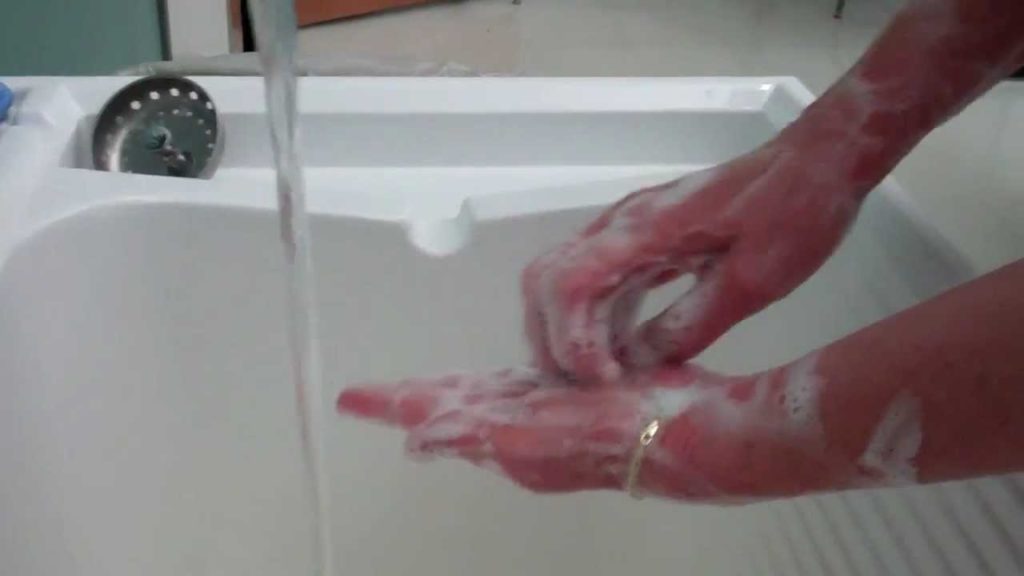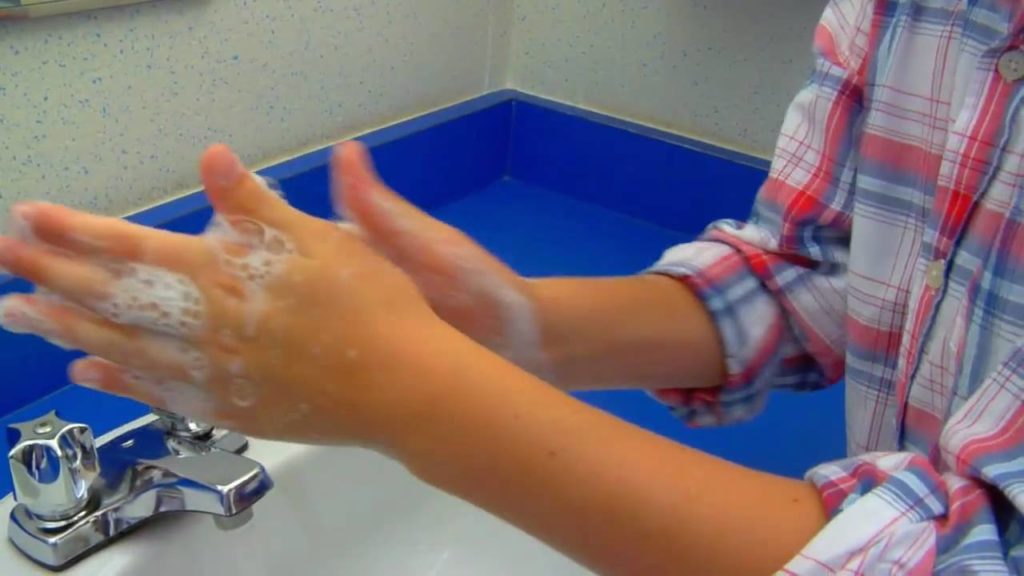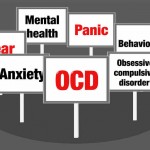Symptoms
Obsessive compulsive disorder (OCD) affects people differently, but usually causes a particular pattern of thoughts and behaviours.
This pattern has four main steps:
Obsession – where an unwanted, intrusive and often distressing thought, image or urge repeatedly enters your mind.
Anxiety – the obsession provokes a feeling of intense anxiety or distress.
Compulsion – repetitive behaviours or mental acts that you feel driven to perform as a result of the anxiety and distress caused by the obsession.
Temporary relief – the compulsive behaviour temporarily relieves the anxiety, but the obsession and anxiety soon returns, causing the cycle to begin again.
It’s possible to just have obsessive thoughts or just have compulsions, but most people with OCD will experience both.
Obsessive thoughts
Almost everyone has unpleasant or unwanted thoughts at some point, such as thinking they may have forgotten to lock the door of the house, or even sudden unwelcome violent or offensive mental images.
But if you have a persistent, unpleasant thought that dominates your thinking to the extent it interrupts other thoughts, you may have an obsession.
Some common obsessions that affect people with OCD include:
fear of deliberately harming yourself or others – for example, fear you may attack someone else, such as your children
fear of harming yourself or others by mistake – for example, fear you may set the house on fire by leaving the cooker on
fear of contamination by disease, infection or an unpleasant substance
a need for symmetry or orderliness – for example, you may feel the need to ensure all the labels on the tins in your cupboard face the same way
You may have obsessive thoughts of a violent or sexual nature that you find repulsive or frightening. But they’re just thoughts and having them doesn’t mean you’ll act on them.
Compulsive behaviour
Compulsions arise as a way of trying to reduce or prevent anxiety caused by the obsessive thought, although in reality this behaviour is either excessive or not realistically connected.
For example, a person who fears contamination with germs may wash their hands repeatedly, or someone with a fear of harming their family may have the urge to repeat an action multiple times to “neutralise” the thought.
Most people with OCD realise that such compulsive behaviour is irrational and makes no logical sense, but they can’t stop acting on it and feel they need to do it “just in case”.
Common types of compulsive behaviour in people with OCD include:
cleaning and hand washing
checking – such as checking doors are locked or that the gas is off
counting
ordering and arranging
hoarding
asking for reassurance
repeating words in their head
thinking “neutralising” thoughts to counter the obsessive thoughts
avoiding places and situations that could trigger obsessive thoughts
Not all compulsive behaviours will be obvious to other people.
Getting help
It’s important to get help if you think you have OCD and it’s having a significant impact on your life.
If you think a friend or family member may have OCD, try talking to them about your concerns and suggest they seek help.
OCD is unlikely to get better on its own, but treatment and support is available to help you manage your symptoms and have a better quality of life.



